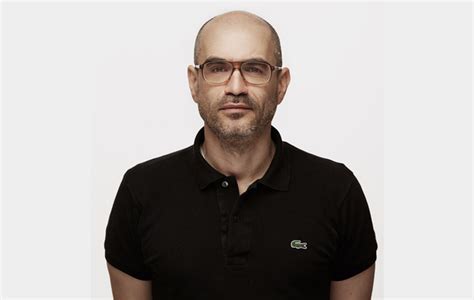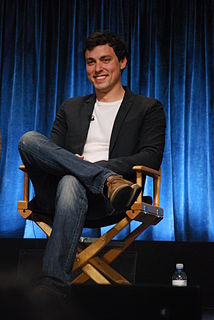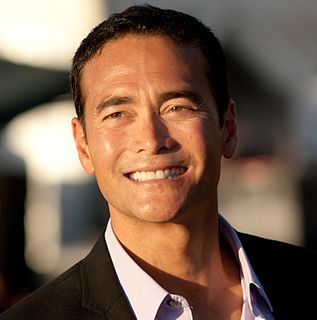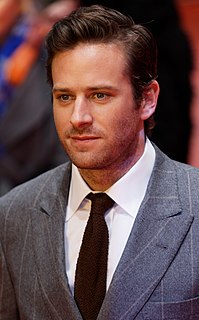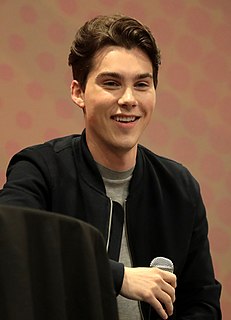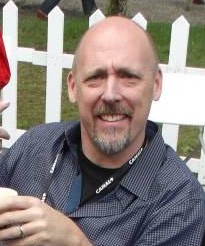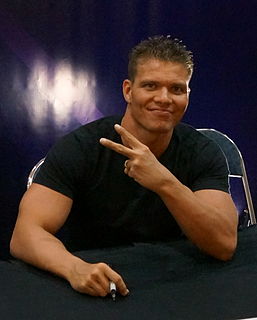A Quote by Jonathan M. Goldstein
That and when you're doing live action you don't normally get to see the thing before it's in production. In this case we'd go in every couple weeks and look at animatic and sketches. The way they do it - is they'll put it up on a screen and the storyboard artist who worked on that sequence will talk you through it. Kind of like a pitch session. Then they would leave and we would sit there with the directors and say 'Alright - what if we change that? What if we do that?' It's very different from live action.
Related Quotes
Of course there's a value in a storyboard if you do a big - let's say an action movie and actors have to move and act in front of a green screen because entire backgrounds exploding and cars flying through there have to be created separately, and in this case you better make sure the actors are precisely placed and the background action is moving in a certain moment, for this type of film you would need a storyboard.
I've definitely had a bunch of action scripts sent to me, but again I'm a stickler for directors. If it's, like, an action flick with a great director, then it's like, 'Oh let's look at this thing,' but if it's just like a shoot-em'-up with a first time director, I don't know if that's the trajectory I want to take with what I'm doing.
I wouldn't say that I'm a consummate live artist. Album work is kind of just like quilt weaving or something. But live music is just like a method of emptying out the mind through volume. Volume as a form that allows you to do different things. And that doesn't really translate to recorded music, like how do you listen to that, on Spotify or in your car? It's not the same kind of effect. I would say that the loudness is a huge part of what I do live.
Another thing that makes the process different is we go in there and are completely immersed in [that] world for however many weeks and then we would leave and they would be animating for however many weeks and we wouldn't have anything to do with it. Then we would come back and see all this work that they had done. So it just took a lot more time than it would on anything else.
Live-action has always been my focus and my passion. I love voice-over, and I definitely could see myself doing some voice-over, as much as I could, and even if I ended up doing only that for the rest of my life, and I could be successful at it, that would be great. But I think my real dream is to do films and live-action films.
Yeah, I mean I've definitely had a bunch of action scripts sent to me, but again I'm a stickler for directors. If it's like an action flick with a great director then it's like 'Oh let's look at this thing,' but if it's just like a shoot-em'-up with a first time director. I don't know if that's the trajectory I want to take with what I'm doing.
As animation directors, you're the first one on the film; you're the last one off, and you get to learn from and touch every department throughout the whole journey. I don't know any other job in the world that's like that. I don't think live-action is like that. It's a very different sort of experience.
If there is something that you have to do, resist the temptation to do it under duress. Ask yourself, "What's the worst thing that would happen if I didn't do this?" And if you can get away with not doing it at all, don't do it. And then imagine what would it feel like to have this done. Spend a day or two, if you can, just 15 minutes here, 5 minutes here, 2 minutes here, here and here, imagining it completed in a way that pleases you! And then, the next time you decide that you're going to take action about it, the action is going to be a whole lot easier.
So, the role of a producer is to kind of look at the show, kind of give our takes on what we see, and that'll be prior to the production meeting. Then, we kind of get assigned our matches and our segments, and then we - I like to go and collaborate with talent, and we put together what we see on TV every Monday and Friday.
